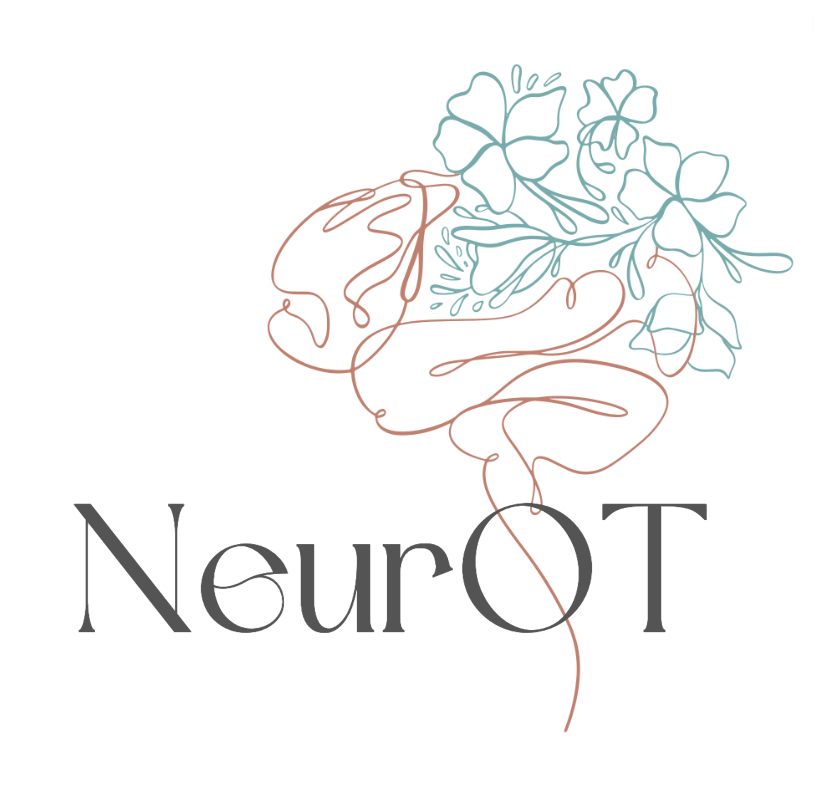Occupational therapy is a healthcare profession that helps people maintain, recover, or improve their ability to perform daily activities, such as bathing, dressing, and eating. Occupational therapists work with people of all ages, from children to seniors, and with various conditions, including physical, mental, and developmental disabilities.
Occupational therapy can be particularly beneficial for people with neurological conditions like dementia, stroke, and traumatic brain injury. These conditions can affect a person’s ability to perform daily activities and participate in meaningful occupations, such as work, leisure, and self-care.
Occupational therapy can support people with different neurological conditions:
- Occupational therapy can help people with neurological challenges and disorders manage changes in cognitive function, such as memory loss and problems with problem-solving and communication. Occupational therapists can also provide strategies to help people maintain their independence and participate in meaningful activities.
- Occupational therapy can help people who have had a stroke or traumatic brain injury maintain and regain their ability to perform daily activities and regain their independence. Occupational therapists can work with people to improve their mobility, coordination, and fine motor skills and adapt to any changes in cognitive function.
- Occupational therapy can help people manage changes in mobility and coordination and provide strategies to maintain their independence and participate in meaningful activities.
Overall, occupational therapy can be a valuable resource for people with neurological conditions, helping them maintain or improve their function, independence, and quality of life.

